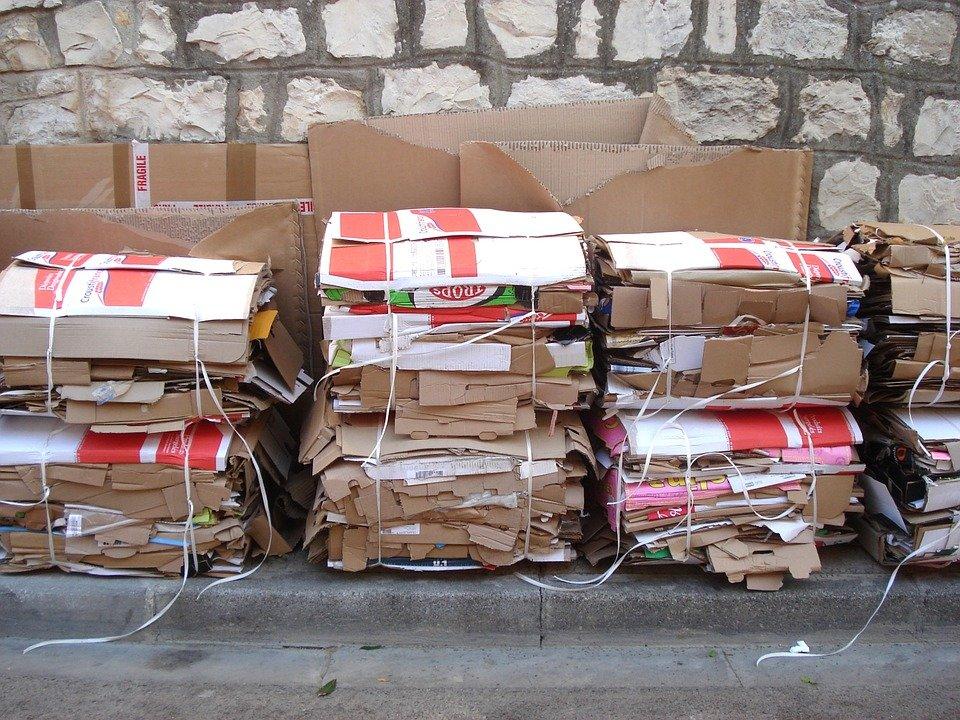
Recycling, in simple terms, is a process where people re-use scrap materials to create something new. It is a process that benefits the household and the community because such efforts will reduce waste and help create an income stream.
Committing the household to recycling is a huge task. You and your family members have to remember many things if you wish to put up a sustainable effort. A few lifestyle changes will have to take effect, but the results will be worth it.
If you want to start your recycling journey, consider segregating the trash stream into biodegradable, non-biodegradable, and recyclable materials. Food scraps and wastes go into the biodegradable bin, single-use plastics and other similar products go to the non-biodegradable container, while paper, bottles, cans, and other scrap metal go to the recyclables. For example, you can focus on aluminum recycling because the material is one of the more ubiquitous materials in household and grocery items. Aluminum is also one of the most sought-after scrap materials that recycling centers need because industries have such a high demand for it.
Here are some of the essential rules for beginners in recycling.
Sort materials by stream
Households need to sort waste materials by the stream. Single stream recycling shouldn’t be the case because it leads to contamination. There should be multiple streams so you wouldn’t have difficulty separating the materials. Plastics should go with plastics; paper products should go with similar paper materials, bottles should be with bottles, and scrap materials should be with the same items. Food scraps should go to the compost bin so you can create organic fertilizer for your backyard garden.
Keep batteries out of the bins
Batteries from gadgets and other items shouldn’t be in the bins. These e-wastes contaminate items, especially if they leak. Single-use batteries and even rechargeable lithium-ion batteries should be kept in a separate container and disposed of properly by recycling agents. Households shouldn’t throw them in fires because they’ll explode and might cause some damage to property.
Rinse and dry the recyclables
If you wish to maximize the profit for your recyclables, you have to consider cleaning them to remove dirt and other discernible residues. Paper products shouldn’t have oil stains, bottles and cans should be emptied and rinsed, and scrap metals should also be relatively dry and clean. Household recyclers should ensure that the materials are ready for pickup by the recycling agents so the process wouldn’t take long.
Arrange, sort, organize
It will be better to sort, organize and arrange the recyclables into piles. This will streamline the process once the recycling agent arrives to collect them. This will also allow you to note the funds you will receive from the transaction. Your record-keeping should also be impeccable so you can track which materials can trend and become more profitable.
Strategize the message
You can slowly involve the community in your recycling efforts. You can spread the message through social media platforms, and you can have a better intake of such materials.
Takeaways
Recycling is a labor-intensive but rewarding endeavor. Therefore, households should participate in such efforts to protect the environment.






 We are all about travel and lifestyle over here at Pacific Voyagers. I’m Jen and this is my blog, although you will see a lot of posts written by my blogging dream team on topics like travel, life, beauty, home, budgeting and much more.
We are all about travel and lifestyle over here at Pacific Voyagers. I’m Jen and this is my blog, although you will see a lot of posts written by my blogging dream team on topics like travel, life, beauty, home, budgeting and much more.




